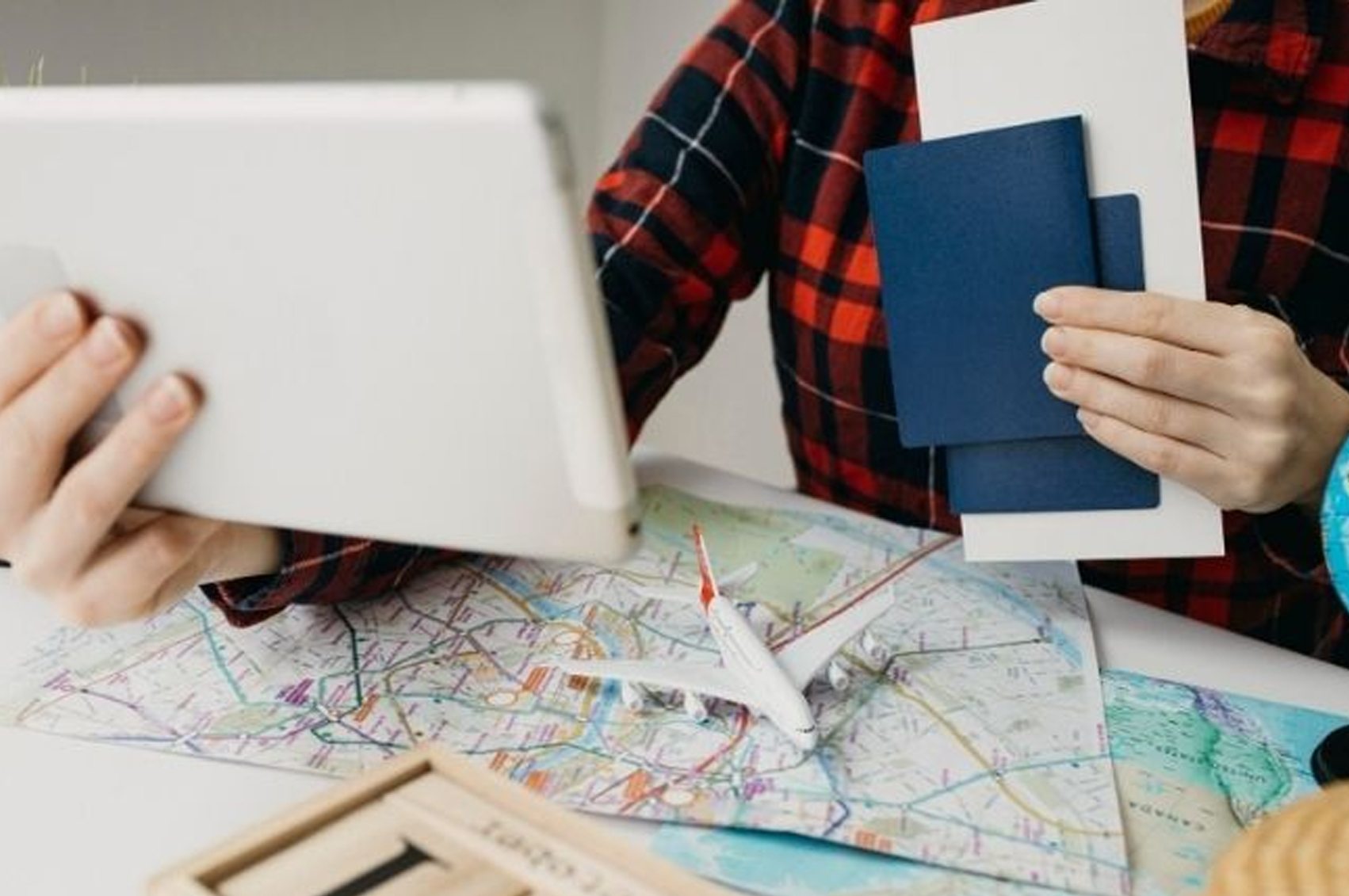Introduction
Moving to a new city is always exciting—but moving to Dubai, one of the world’s most vibrant and luxurious cities, takes that excitement to another level. Whether you’re relocating for a job, business opportunities, or a lifestyle upgrade, Dubai offers world-class infrastructure, tax-free income, safety, and cultural diversity.
But before you pack your bags, it’s essential to plan every step of the journey. From legal paperwork to finding a place to live, there are several aspects to consider. In this blog, we provide the ultimate checklist for moving to Dubai, ensuring a stress-free and smooth transition.
1. Understand Visa Requirements
Before moving to Dubai, you need to ensure that your visa and legal documentation are in order.
Employment Visa: If you’ve secured a job, your employer will usually sponsor your work visa.
Investor/Partner Visa: Planning to start a business? You can apply for an investor visa.
Freelance/Remote Worker Visas: Dubai now offers a remote work visa for digital nomads and freelancers.
Dependent Visas: If you’re bringing your family, you’ll need to sponsor their visas after obtaining yours.
Tip: Start the visa application process at least 1–2 months before your intended move.
2. Secure a Place to Live
The Dubai real estate market is vast and diverse. Whether you’re renting an apartment in Marina or buying a villa in Arabian Ranches, it’s important to choose an area that fits your lifestyle and budget.
Popular Residential Areas:
Downtown Dubai (luxury city living)
Dubai Marina (expat-friendly)
Jumeirah (family-focused)
Arabian Ranches or Mirdif (suburban and peaceful)
Renting vs. Buying:
Short-term expats usually rent.
Long-term residents often invest in property.
Pro Tip: Work with a reliable real estate agency like Markai Real Estate to find the perfect home based on your needs.
3. Open a UAE Bank Account
To manage your finances in Dubai, you’ll need a local bank account. Most employers will also require this for salary payments.
Documents needed:
Passport and residence visa
Emirates ID (or application form)
Proof of address
Salary certificate or employment contract
Popular banks include Emirates NBD, ADCB, Dubai Islamic Bank, and Mashreq.
4. Get Health Insurance
Health insurance is mandatory in Dubai. Some employers provide health coverage, but if not, you’ll need to buy one from an approved provider.
Key tips:
Choose a policy that covers outpatient and inpatient services.
Compare providers and plans before buying.
Health card registration is required to access government healthcare.
5. Apply for Emirates ID
Once your residency visa is approved, the next step is obtaining your Emirates ID—a must-have identification card used for all official and day-to-day activities.
You’ll need it for:
Opening bank accounts
Signing rental contracts
Accessing government services
Registering for utilities
Apply through the Federal Authority for Identity and Citizenship (ICP).
6. Register for Utilities and Internet
After securing accommodation, you must set up your utility connections.
Electricity & Water: Register with DEWA (Dubai Electricity and Water Authority)
Gas: Contact local gas service providers if needed
Internet & TV: Etisalat and du are the main service providers
Don’t forget to set up air conditioning, which may be billed separately.
7. Get a UAE Driving License
You’ll need a valid UAE driving license to legally drive in Dubai. If you’re from certain countries (like the UK, US, Canada, and EU), you can exchange your license without taking a test. Others will need to take driving lessons and pass a test.
Required documents:
Emirates ID
Passport with residence visa
Eye test results
No-objection letter (if needed)
Note: Public transport is excellent in Dubai, but having a car offers more flexibility—especially in the summer.
8. Find the Right School for Your Children
If you’re moving with family, choosing the right school in Dubai is critical.
Dubai offers:
British, American, IB, and Indian curriculum options
International schools with excellent facilities
Affordable to premium fee structures
9. Learn Local Laws and Etiquette
Dubai is part of the UAE, a Muslim country with its own cultural and legal norms. While it is modern and welcoming to expats, understanding and respecting local customs is important.
Do’s:
Dress modestly in public spaces
Be polite and respectful to locals and authorities
Learn a few basic Arabic phrases (optional but appreciated)
Don’ts:
Avoid public displays of affection
Don’t drink alcohol in public or drive under its influence
Avoid disrespecting religious practices or symbols
10. Join Expat Communities
To ease your transition and meet new people, join Dubai expat communities. They’re great for networking, finding jobs, getting school recommendations, and more.
Popular platforms:
Meetup
Facebook groups (e.g., Expats in Dubai)
Internations
WhatsApp community groups
11. Partner with Markai Real Estate
Relocating to Dubai is easier with the right support. At Markai Real Estate, we assist expats and investors every step of the way—from finding your ideal home to securing financing and navigating legal paperwork.
Why Choose Markai Real Estate?
Personalized relocation support
Access to top properties and investment deals
Guidance on mortgage rates and legal documentation
Support with DEWA, banking, and more.
Let us handle the hassle so you can focus on starting your new life in Dubai!
Conclusion
Moving to Dubai offers endless opportunities for growth, luxury, and cultural enrichment. However, preparation is key to enjoying a smooth and stress-free relocation.
From securing the right visa to choosing your ideal home, this ultimate moving checklist ensures you’re well-prepared for your next chapter. And with expert support from Markai Real Estate, you’ll have everything you need to settle comfortably and confidently in Dubai.
Need help moving to Dubai?
📞 Contact Markai Real Estate today for personalized relocation and property assistance!
Start school applications early as popular schools often have waiting lists.





